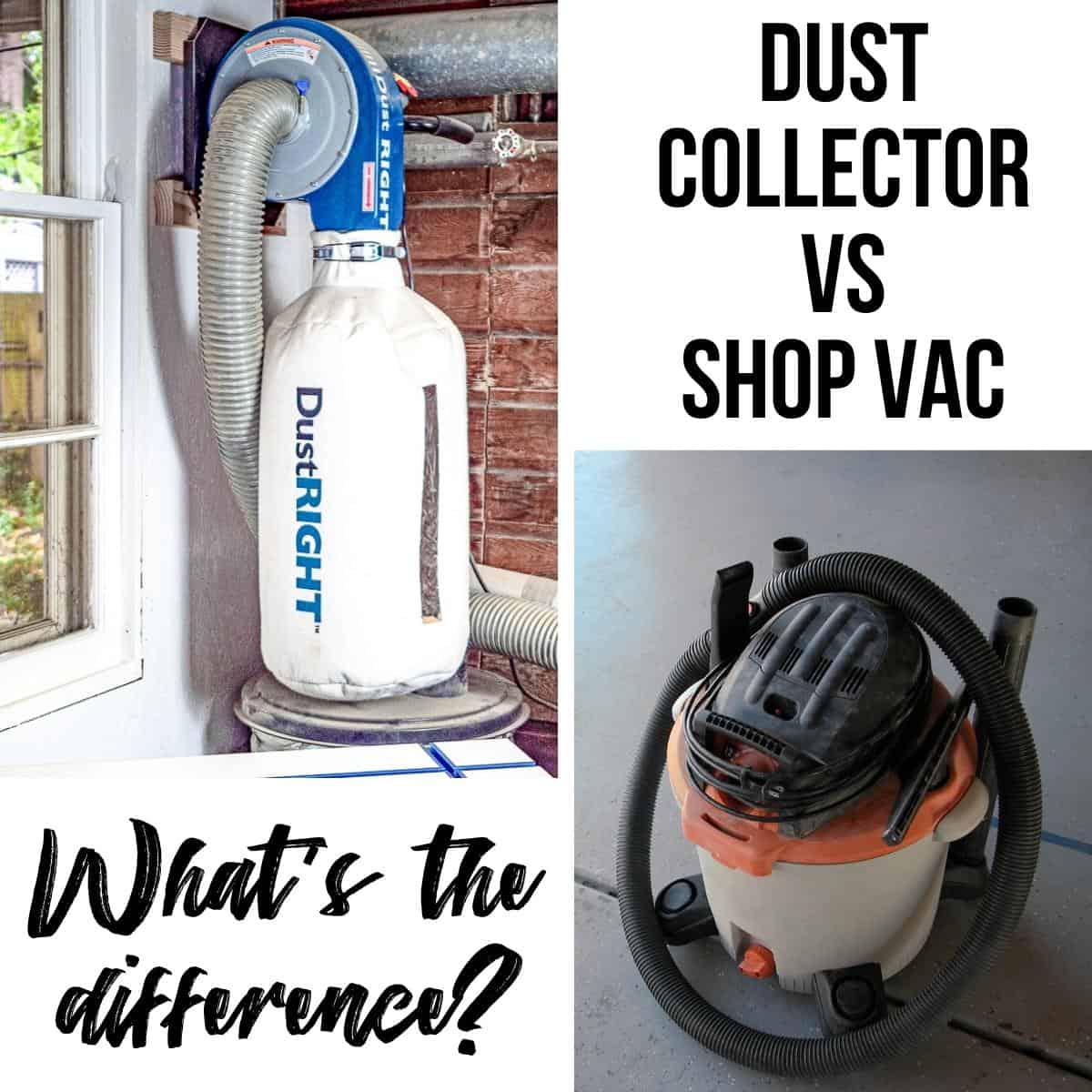

- #Extractor vacuum vs shop vac install#
- #Extractor vacuum vs shop vac update#
- #Extractor vacuum vs shop vac professional#
Shop vacs, due to their narrow hose and nozzle, are better suited for picking up small amounts of troublesome dust in tight-fitting spots. Like dust extractors, they work extremely well at picking up large amounts of dust and debris in a single pass. This is what makes the work extremely well with stationary power tools like miter saws and wood thicknessers. The difference is that they require dedicated ports to function.
#Extractor vacuum vs shop vac update#
Last update on / Affiliate links / Images from Amazon Product Advertising API What is a Dust Collector?ĭust collectors work just like dust extractors (high volume, low suction power). In addition, for dust-producing tools like sanders, dust extractors are the most effective way of picking up any dust that falls to the ground as well as remains airborne. They can come with filters that deal with microscopic dust particles (HEPA-grade ones can filter out particles as small as 0.3 µm 99.7% of the time).ĭust extractors are, generally speaking, an all-around dust collection system that can be used for both stationary power tools and handheld ones. The wideness of the hose allows for larger-sized pieces of debris to travel through the hose and into the tank without blockage and causing engine trouble.ĭust extractors are extremely handy at suctioning particles in the air. The fundamental difference between shop vacs and dust extractors is that dust extractors use high air volume which travels considerably slower through a wide hose. Last update on / Affiliate links / Images from Amazon Product Advertising API What is a Dust Extractor?ĭust extractors have filterers that separate large-sized particles from microscopic ones. The tank doesn’t filter out the small from the large, and this could produce a trouble for the tool’s motor down the road. Most shop vacs use a one-stage system where all sorts of debris (microscopic dust and large-sized chips) are collected into a single tank.

Most power tools today have ports where you can connect your shop vacuum hose to pick up debris as it’s produced. Shop vacs work best for picking up sawdust and wood chips produces by handheld power tools. It uses low air volume which travels quickly through a narrow hose. It’s a vacuum that works best on small-sized debris in smaller quantities. Shop vacs also referred to as wet/dry vacuums, are the most basic dust collection system you can use in your shop. Depending on the size of the residue, one system will perform better compared to the others. Moreover, one way of handling residual sawdust and debris isn’t a blanket solution for every power tool you possess. They all have their own set of pros and cons which we’ll discuss in this article. Generally speaking, there are three ways you can deal with sawdust and wood debris: shop vacs, dust extractors, and dust collectors. As an Amazon Associate we earn from qualifying purchases. However, it’s important to note that no matter how effective your dust collection system is, it is by no means a replacement for personal protective equipment like dusk masks with respirators. In addition, airborne sawdust can get into your lungs and cause respiratory problems later on in life. The dust produced, if left under a machine, can become a fire hazard if sparks or excessive heat make contact with extremely flammable sawdust. It'll probably come down to how much you're able and willing to spend.It’s of tremendous importance to have a proper dust collection system in place in any woodworking shop. In the realm of DeWALT, it looks like they have lots of shop vacs and two HEPA dust collectors.
#Extractor vacuum vs shop vac install#
Just have to remove the filters and install an anti-foaming blue pad in place of the filter.

If a job requires HEPA certification of the DC you're using, you'd best have it.Īt the upper end of dust extraction is Festool and while their main thing is dust, they can be used as wet vacs, too.
#Extractor vacuum vs shop vac professional#
If you're a professional and going onsite, you may need HEPA certification Note: This is not the same as just slapping a HEPA filter in any ole shop vac. Plus, the cyclone will capture tons of chip, thus cutting down on either bags and/or filters in the shop vac. 25 mile radius? Well, the shop vac will probably not do too great of a job capturing it. That fine dust you want to filter from sanding to not breathe and minimize getting on everything in a.

The main problem with most shop vacs is, they're not sealed well, at all. If you're a home DIY'er, a shop vac and a cyclone will probably serve you fairly well. The DeWALT dust collection and HEPA certified units will also function as a wet vac.


 0 kommentar(er)
0 kommentar(er)
